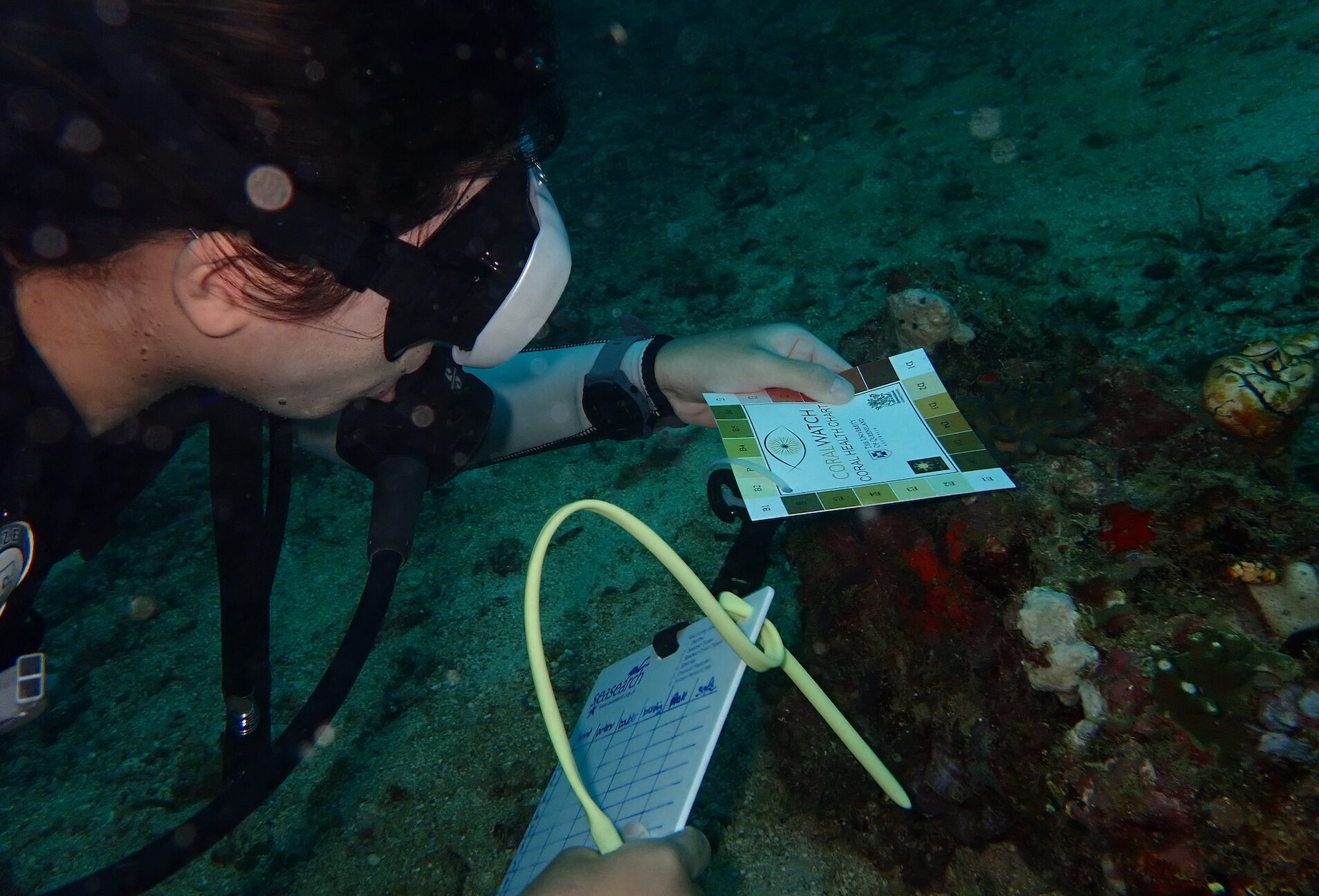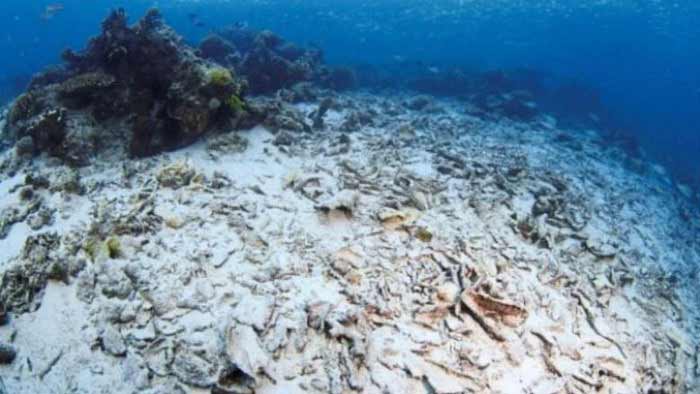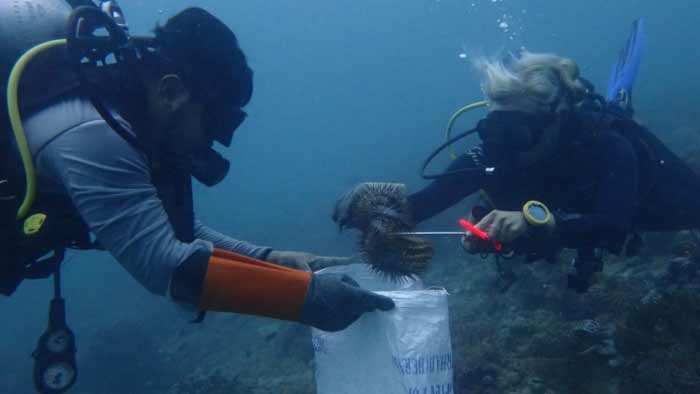Menu
Coral reefs are vitally important to the marine environment. Although they cover less than 0.1% of the ocean floor worldwide, over 90% of marine species are either directly or indirectly dependent upon them for activities such as feeding, cleaning and nursery grounds. Coral reefs are productive ecosystems that not only support enormous biodiversity, but are also of immense value to mankind. Latest estimates suggest coral reefs provide close to US$30 billion each year in goods and services, including fisheries, tourism, coastal protection, source of medical advances and intrinsic value.
Coral reefs have survived tens of thousands of years of natural change, but many of them may not be able to survive the havoc brought on by mankind. Roughly one-quarter of coral reefs worldwide are already considered damaged beyond repair, with another two-thirds under serious threat. Threats include destructive fishing practices, overfishing, careless tourism, pollution, sedimentation, coral mining and climate change.
The Scuba Junkie SEAS team has partnered with WWF to support their coral gardening[- project on Pulau Mabul. They collect naturally damaged coral fragments, providing them a second chance by fixing them to coral structures. Regular maintenance involves tending to these structures, removing algae, and meticulously monitoring the growth and survival rates of the coral polyps. This project has also been working with local youth from Mabul to train them in coral conservation for the future health of the reefs around Mabul.
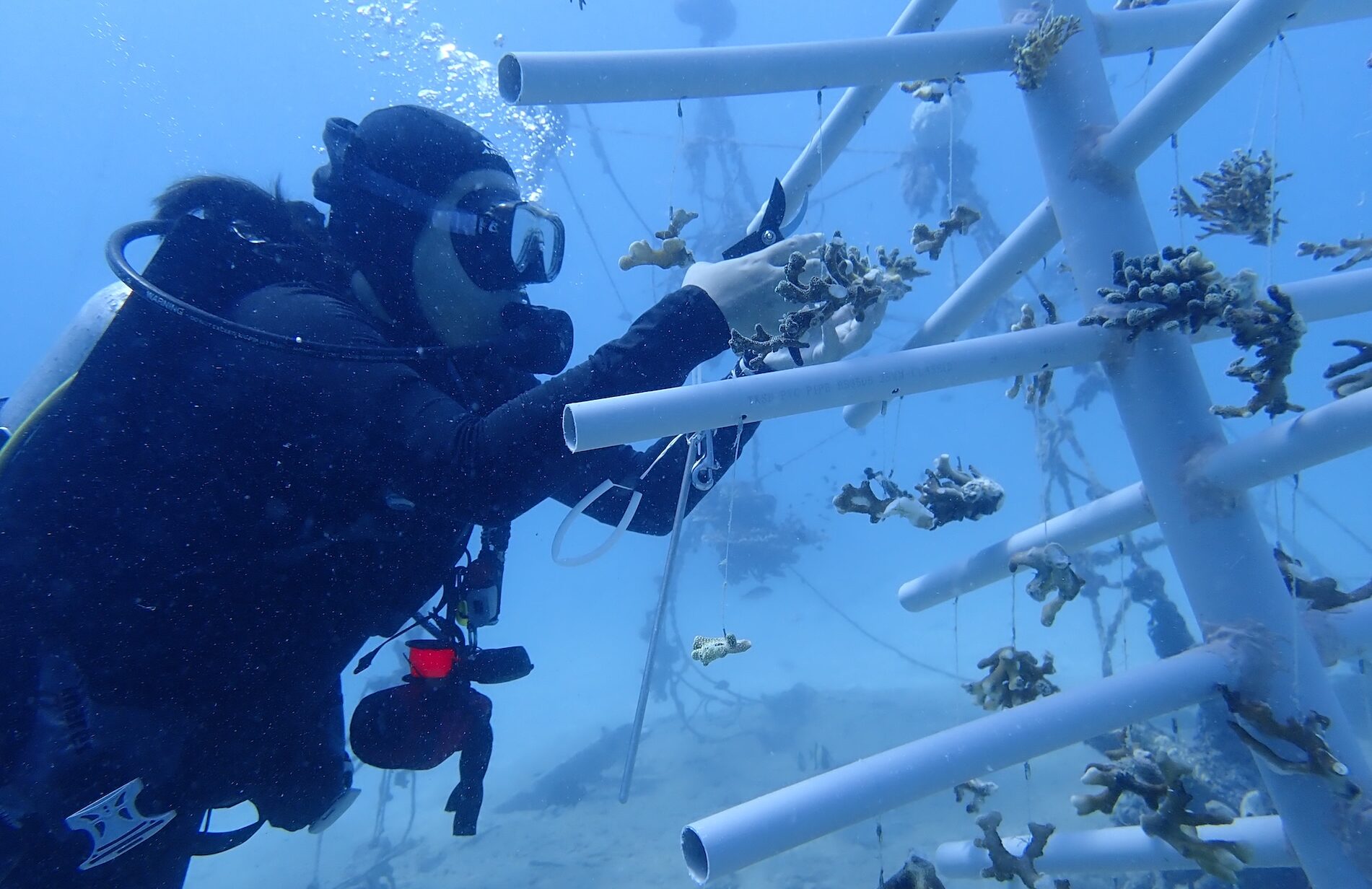
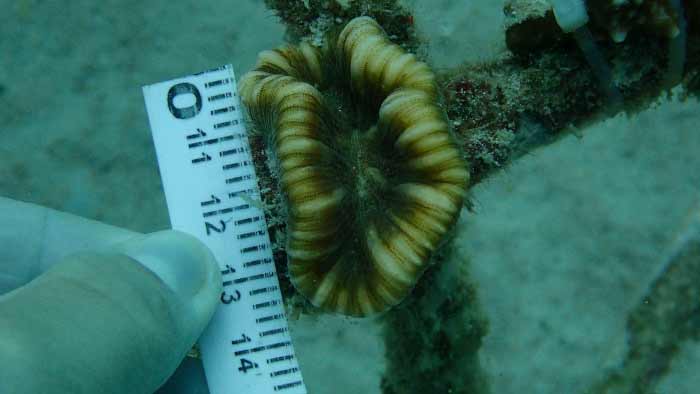
We are trialing a variety of techniques to determine the most suitable and successful cultivation method in our area. We collect coral fragments that have been damaged naturally and give them a second chance by attaching them to our coral structures. The structures require regular gardening, to remove competitors, and monitoring to record growth and survival rates. Once we have established best practices for our area we will use them to rehabilitate the damaged reefs that we have identified through our annual Reef Check surveys.
